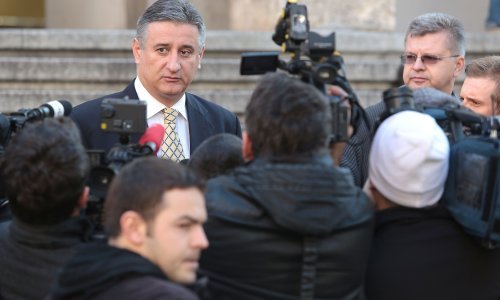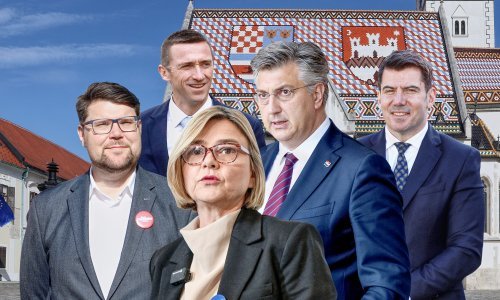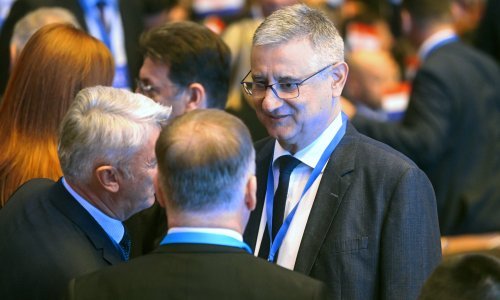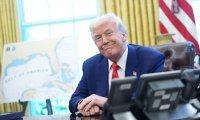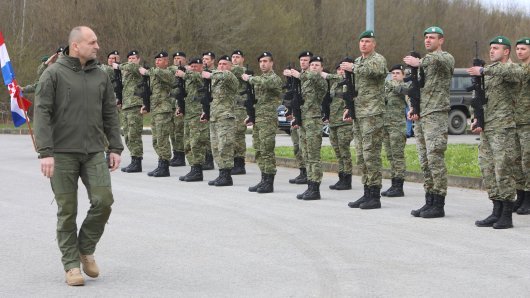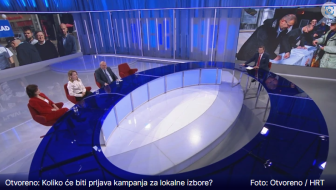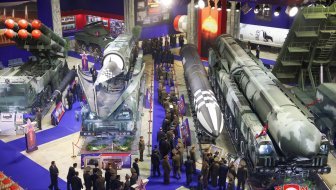Interior Minister Tomislav Karamarko told Nova TV on Friday that a recent letter by former Deputy Prime Minister Damir Polancec and his statements were not and could not be the reason for convening the National Security Council.
"I'm glad the National Security Council found the time to meet because the pope is coming and that was the central item on the agenda of our meeting. The tourist season was also a topic. I certainly think that Polancec's letter and his statements were not and can't be a reason for convening the National Security Council," Karamarko said in an interview.
"The meeting was necessary, but certainly not because of that item," he stressed.
The interviewer said it was a serious accusation when a former deputy PM claimed that Karamarko had briefed the inner Cabinet about an investigation into a purchase of military trucks. The minister said he briefed the PM and the inner cabinet that some criminal charges were about to be pressed the next day.
Asked if it was normal to notify the PM about charges against a politician a couple of days in advance and if he would continue to do so until the end of his term, Karamarko said, "Absolutely", and that this was in line with the law.
He denied Polancec's claims that police inspectors had been coming to the government, adding that he no longer wanted to comment on Polancec's letter. "If Polancec was telling the truth, if all that was done only to stop investigations and the pressing of charges, then it would make sense to discuss it, not at one but at five National Security Council meetings."
The interviewer said this created the impression that he wanted to blame former PM Ivo Sanader for everything. Karamarko disagreed, saying, "I want the Interior Ministry and the State Prosecutor's Office, acting in synergy, to be like a lawn mower."
He denied that there was a "silent war" between the Interior Ministry and the State Prosecutor's Office.
"Perhaps our views in some cases diverge. Anyway, I want a nonselective fight against corruption," Karamarko said. The interviewer asked if this meant the State Prosecutor's Office was selective, to which he replied, "You said that."





